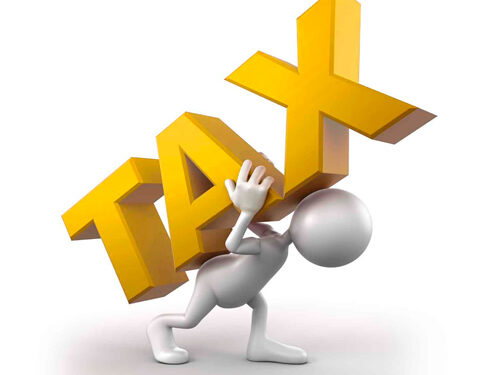Financial analyst and economist Scott Bolshevik has reacted to parliament passing the Energy Sector Levy Amendment Bill 2025 which introduces a GH¢1 increase in the levy on petroleum products.
He asserted that Ghana’s tax addiction in an oil-rich economy is shameless as it always bleeds the poor.
According to Scott Bolshevik, Ghana’s tax strategy is frustrating and a lazy approach.
Scott Bolshevik, known for his constant analysis of issues relating to Ghana on social media platform X, particularly on the Ghanaian economy, on X stated, “ One of the most frustrating aspects of Ghana’s tax strategy is its consistent reliance on the lazy, regressive method of taxing essential goods fuel, electricity, and imports. These are lifeline commodities for the average Ghanaian. Taxing them disproportionately places the burden on the poor and middle class, stifles productivity, and fuels inflation.
Instead of widening the tax net and building institutions that can tap into the vast informal economy where nearly 70% of Ghanaians operate the government takes the path of least resistance”.
He further added, “Investing in tax intelligence to capture hidden wealth and shadow economies, but Ghana’s approach is to hit the same group of people over and over again. Meanwhile, sectors like real estate, luxury goods, and extractives remain under-taxed or not taxed at all.
Why are multinationals operating in Ghana still allowed to repatriate profits freely, enjoy excessive tax holidays, or underreport earnings with impunity?
The Energy Sector Levy Amendment Bill 2025 introduces a GH¢1 increase in the levy on petroleum products.
According to reports the measure will generate some GH¢5.7 billion in revenue to help reduce energy sector debts and help solve the erratic power supply commonly known as dumsor.
In a brief statement on the floor of Parliament, Ato Forson detailed that at least $3.7 billion is needed to clear the current energy sector debt.
Speaking on the floor of parliament, Ato Forson stated, “A minimum of $3.7 billion is needed to clean up the overall energy sector’s indebtedness for us to have a clean slate. In the year 2025, the government will require an additional $1.2 billion to procure essential fuel for thermal power generation alone. The power sector risks imminent collapse if these unsustainable debts are not resolved.
“The government is proposing an increase in the X pump price of diesel, petrol, and related products. The impact will be absorbed by the gains made from the strong performance of the Ghana cedi. And this will mean that consumers will not have to pay extra for the price of diesel and petrol, beginning today, June 3,” he added.
See the post below:
Bleeding the Poor: Ghana’s Shameless Tax Addiction in an Oil-Rich Economy
One of the most frustrating aspects of Ghana’s tax strategy is its consistent reliance on the lazy, regressive method of taxing essential goods fuel, electricity, and imports. These are lifeline… pic.twitter.com/z8A1E3b0c2
— Scott (@scottbolshevik) June 4, 2025

